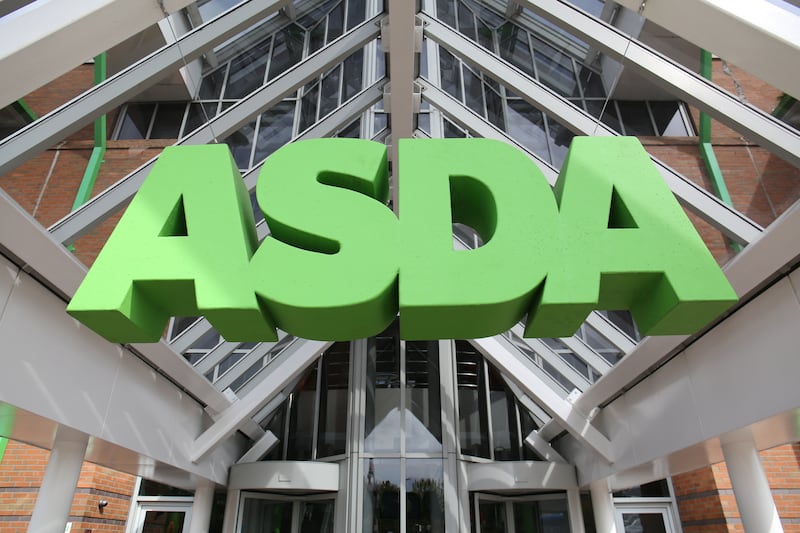INFLATION edged up to its highest rate for a year last month as rises in the price of alcohol and clothing pushed up the cost of living.
The Consumer Prices Index (CPI) measure of inflation rose to 0.3 per cent in January from 0.2 per cent in December, according to the Office for National Statistics (ONS).
Alcohol and tobacco rose by 1.3 per cent compared with January 2015, when there were heavy discounts on beer.
The ONS said inflation also rose as fuel and food prices dropped less than they did a year ago.
But despite the rise in CPI, inflation still remains historically low, with the Bank of England predicting inflation to remain far below the Government's 2 per cent target for some time yet.
Sharply lower oil prices are set to keep a lid on inflation, leaving the UK central bank in no hurry to raise rates above 0.5 per cent, where they have remained for nearly seven years.
Danske Bank chief economist Angela McGowan said: “Both headline inflation and core inflation are expected to remain subdued in 2016 due to a combination of the past appreciation of sterling and continued low commodity prices.
"The latest small increase in headline inflation in January was mainly due to energy and food, alcoholic beverages & tobacco, which pushed up CPI inflation by 0.14 percentage points and 0.08 percentage points respectively.
"The main negative contributor was air fares, which declined 35.8 per cent month on month in January after the large increase of 46.0 per cent over the month to December. This component alone pushed down overall inflation by 0.20 percentage points (and core inflation by 0.27 percentage points)."
She added: “The Bank of England has made it clear that it is definitely not ‘Fed light’ and that it is in no hurry to hike rates.
"Danske Bank now believes that the Bank of England will not be prepared to raise interest rates until at least quarter one 2017. There are many reasons for the MPC to stay on hold for a long time. Inflation and wage growth are both subdued, inflation expectations have fallen, other central banks (most importantly the European Central Bank) have an easing bias and uncertainties around a potential Brexit loom.”








